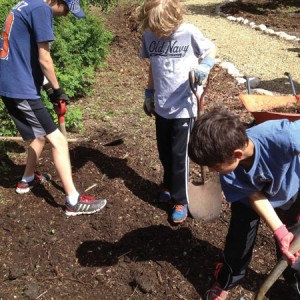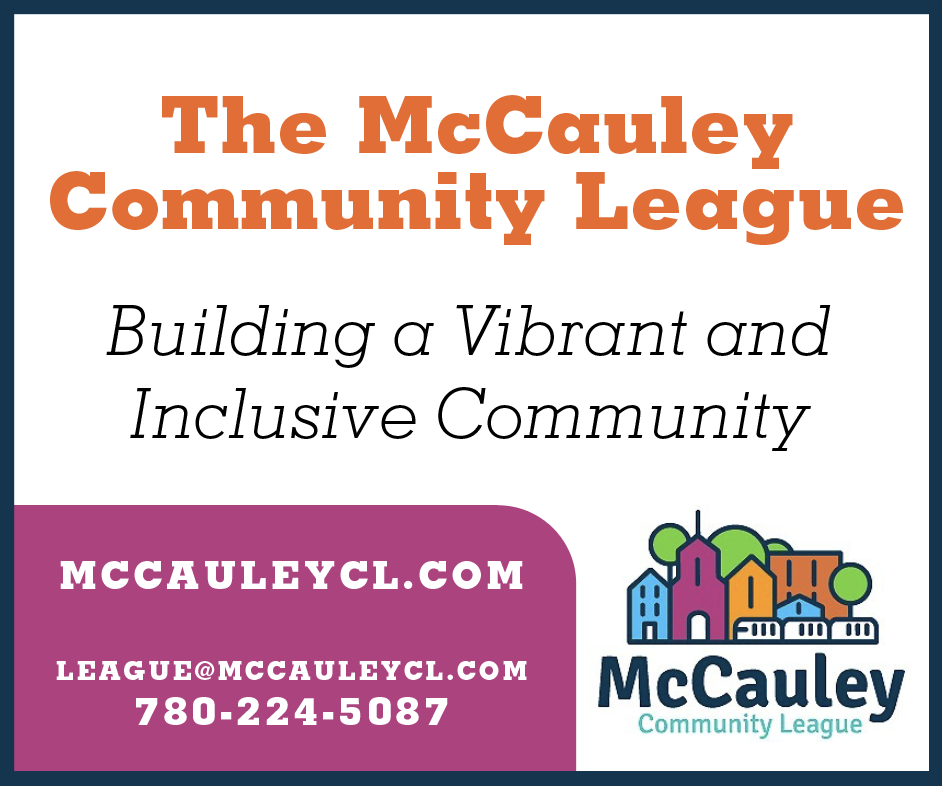Streetworks, Harm Reduction, and Needles
An overview of Streetworks and what it is doing to keep used needles off the streets.
The Streetworks program has been in operation for the past 25 years. Streetworks operates from a Harm Reduction philosophy. Harm Reduction is a set of strategies that aim to keep individuals and communities safer and healthier. It recognizes that drug use and addiction is a reality in our society, and that not everyone will go to jail or get into treatment. The goal is to decrease the rates of HIV and Hepatitis C, but also to connect with people and help them to move from chaos to a place of stability.
The needles are an important tool. They are a connecting point for many people who would not normally access services. The less needle sharing that happens, the less HIV and Hep C in the community and less risks to all. But the needles are also a means of developing relationships with people who are disenfranchised and starting them on a path that will decrease the negative impacts upon communities. The eye is on long term change that will benefit the individual and the community in which they reside.
The Streetworks frontline team is made up of three nurses and two outreach workers. There are five places in the city where needles can be accessed and there is a van that is out seven evenings a week. People can also get needles at places other than Streetworks. Streetworks has a number of sub projects that include overdose prevention, providing drug education to street-involved youth (Youth to Youth project), and supporting women who are pregnant, homeless and vulnerable (HER Pregnancy program). The needle exchange portion of the program sees more men than women, and the clients range in age from teens to people in their 60s. Most are housed and stable members of the community. There are a small number of homeless people who have conflicting priorities (food, shelter, addiction, mental health) and who are more chaotic. Research is clear that people without housing are many times more likely to inject drugs in public spaces. Housed people generally do not inject publicly.
Every month, Streetworks collects an average of 77,500 needles from the clients for incineration. Five percent of the needles go out of Edmonton as Streetworks is the only program for northeast Alberta, and substance use is a universal phenomenon. There are a number of needles that remain in circulation as people will take many and bring them back when they need new ones. Unfortunately, some end up as debris on the street. Streetworks is clear that one needle on the ground is too many, and the program is working hard to minimize this happening. Every city in the world is struggling with this issue. The team goes out to pick up needles several times per week. The provincial drug users network, a group of people who use or used to use drugs, goes out three times per week and picks up needles. There are two staff members who are connected with Boyle Street Community Services’ Downtown Proud clean up crew (funded through the City of Edmonton’s Clean and Green program) who work exclusively in the McCauley neighbourhood to look for and dispose of used needles. The city offers the 311 service for people to call if they should find a needle. Streetworks has recently started distributing small, individualized sharps containers to people who use the program. This has been very popular.
Research is clear that people without housing are many times more likely to inject drugs in public spaces. Housed people generally do not inject publicly.
Over the years, the team has been aware that the majority of people who inject publically do not want to dispose of their needles carelessly, and this gives them another option for safer disposal. Without minimizing the concern, it may be helpful to note that globally, there has never been a case of HIV transmitted through a needle that was lying on the street, and only two cases of suspected Hepatitis C transmission. There is a greater risk of scratches and poking injuries. Much like broken glass, needles need to be carefully handled to avoid injury.
If a needle is found on the street, the first place to call is 311. If there is an area where there is consistently needle debris found, please call the Streetworks office at (780) 424-4106 ext. 210. The team will attempt to connect with the individuals who may be there to affect long term change. For the more chaotic clients, they often move and the team is not always aware of places to find people who are causing concern in the neighbourhood. Needles are everyone’s concern, and health and safety are paramount with this difficult urban issue.
Marliss Taylor RN, BScN, is the Program Manager for Streetworks.









